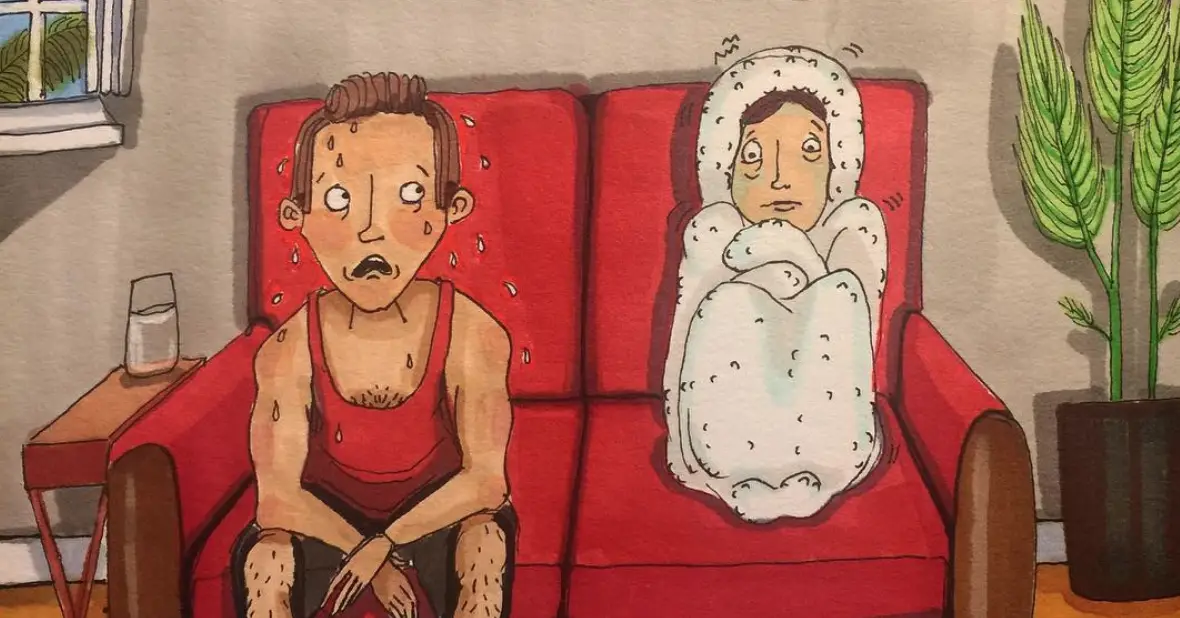from the consumer-protection-theater dept
The broadband and cable industry has long perfected the use of bullshit fees to jack up subscriber bills. Countless cable and broadband companies tack on a myriad of completely bogus fees below the line, letting them advertise one rate — then sock you with a higher rate once your bill actually arrives. They’ll then pretend they haven’t actually raised rates because the advertised rate remains inaccurately low.
Enter the FCC, which last week announced that it might take a closer look at the problem (at least by cable TV providers) by demanding that they provide consumers an “all in” price that includes fees both in advertising and on subscriber bills:
“We’re working to make it so the advertised price for a service is the price you pay when your bill arrives and isn’t littered with anything that resembles junk fees. Not only will this reduce cost confusion and make it easier for consumers to compare services, but this proposal will also increase competition among cable and broadcast satellite providers through improved price transparency.”
But there are a few problems.
One, the FCC may lack the voting majority to actually implement this thanks to the telecom industry’s successful derailment of the Gigi Sohn nomination, which, by industry design, has left the agency mired in partisan gridlock at a 2-2 commissioner split after a year-long smear campaign against Sohn.
The FCC’s Democratic leader, Jessica Rosenworcel, couldn’t be bothered to provide meaningful messaging support for Sohn during the industry smear campaign. Now her FCC lacks the majority to do much of anything deemed “controversial” by industry, without the approval of the agency’s two Republican commissioners, who generally, with the occasional exception, tend to side with industry.
The Biden administration shares plenty of blame for Sohn’s scuttled nomination. It nominated Sohn 9 months late — the largest appointment delay in FCC history — allowing the industry ample runway to solidify its attack campaign. Biden’s team also failed utterly to apply any meaningful pressure on the three key Democratic Senators (Kelly, Manchin, Masto) who ultimately doomed Sohn’s nomination.
Even when properly staffed, the FCC generally lacks the courage to actually stop cable and broadband giants from engaging in bad behavior. They’re terrified of being accused of dipping even a single, sad, solitary toe into the concept of “rate regulation.” So instead the focus is usually on mandating transparency into how exactly you’re getting ripped off, without actually stopping it.
You can see this over in the FCC’s long-stalled efforts to require a broadband “nutrition label” documenting hidden service charges, which proposes mandating transparency labels for service quality and cost, but don’t actually stop predatory broadband monopolies from ripping you off.
You also see it more broadly with the government’s Affordable Connectivity Program, which pays regional monopolies to temporarily lower prices for poor people — ignoring that consumer prices are only made high by these companies’ monopolistic behaviors in the first place.
A 2019 Consumer Reports study found that about 24% of consumer bills are comprised of bullshit fees, generating cable giants $28 billion in additional revenue annually. The problem is just as bad over in broadband (see CenturyLink’s utterly nonsensical “Internet Cost Recovery” fee), where ISPs routinely rip users off (unless they live in a state with an AG interested in broadband consumer protection).
While it’s nice to see the FCC occasionally acknowledge that the problem exists, this is an agency long-ago defanged by industry. The FCC’s political animals are generally terrified of standing up to cable and broadband giants consistently. Even Democratic FCC commissioners, often slightly better on telecom policy, are generally afraid to even acknowledge broadband monopolies exist in public statements.
You wouldn’t want to upset campaign contributors, intelligence gathering allies, or future revolving door employers. So instead you get a sort of consumer protection theater, where the agency talks a big game about protecting consumers from harm, but isn’t particularly interested in stopping the actual harm, or meaningfully penalizing companies that have spent decades ripping U.S. consumer off.
The end result are “transparency” efforts that shift the onus of responsibility to the consumer, but don’t genuinely stop the underlying behavior by industry or hold industry accountable. That’s not to say greater transparency can’t help, but it’s still generally been a substitute in the U.S. for regulators with the backbone needed to competently police billing fraud and false advertising.
Filed Under: broadband, false advertising, fcc, fees, monopoly power, nickel and dime, regulatory capture, regulatory recovery fee, telecom, truth in advertising
Source link










Leave a Reply